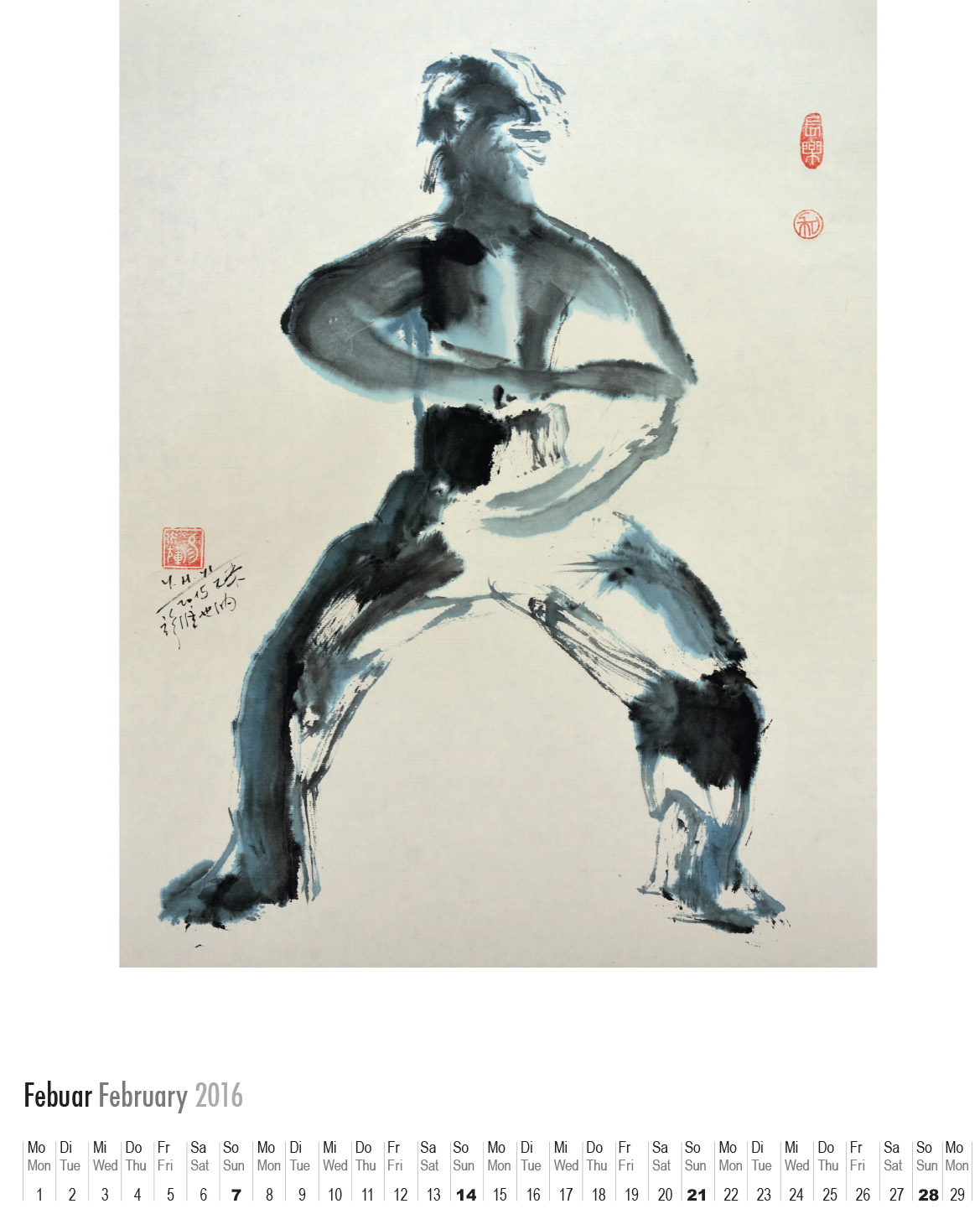Tips – Prepare your trial lesson
A good preparation is half of the pie! For your way to the Tai Chi / Qigong trial lesson, we have assembled a few hints and some questions for you to chew on.
Try to look behind the façade

When going to trial lessons, you might find yourself overwhelmed with new impressions: many new faces, strange movements, perhaps also weird decorations and impressive traditional clothing.
Try to concentrate on what really matters: Tai Chi and Qigong are internal arts, which means that the outward movements are not the whole picture. – Spotting quality just by watching is tricky – even for experts – but knowing for what to search for will make things much easier!
Watching the teacher
The teacher will usually know the form and have some routine in presenting it. But watch his/her movements more closely: Are they lively or lifeless? Are they energetic or casual? Meditative or half-asleep? Relaxed or limp? Gymnastically or intense? Are the legs (the base) stable or wobbly? Is the teacher able to stand safely on one leg?
– If you have some practice in other sports or arts or even just some watching experience as a sports fan, you may spot similarities as the ideal harmonious Qigong and Tai Chi movements – movements which “allow the Qi to flow” – depend on the musculoskeletal system of the human body just like any other moving activity. Rely on your experience! Do not let yourself be told that “(yes,) it may look strange, but this is the result of relaxation. Relaxed and flowing movements just look different, you will see that in a few years.” – These few years might be years along the wrong path for you.
Watching the other students
As a beginner and a future student, you might also want to take a look at the other students in the room. They are the business card of the teacher’s teaching abilities. Here, you will want to watch out for different levels of cultivation: Is it visible that all students are doing (or trying to do) the same thing? Are there visible similarities when they move? Are they moving coherently?
Can you see different levels of development? – Especially if there are senior students: Do they move differently? Can you spot a refinement of the movements?
Ask the teacher some questions
Since when do you teach?
Do you regularly visit advanced training courses or take lessons yourself? Do you have a teacher?
Are there any courses for advanced students?
Not only the answer, but also the reaction to the questions may provide important clues!
The experiences of other students
Talking to other students about their experiences, their motivations and so on (How long have you been coming here? Why do you practise Qigong/Tai Chi?,…) can give you a unique insight in the workings and structure of the school.
You might want to find out the following:
Teacher/Student hierarchy
Is there a strong hierarchy, e.g. stressing of respect, punctuality, discipline or titles?
Are teachers and students strictly separated or are there experienced students that also teach?
Role of the tradition/system
In which tradition does the teacher see him/herself?
Is there a – more or less mysterious – (grand)master often referred to? (who is probably already dead, who lives somewhere else, who has founded the style)
Does the teacher have a teacher? Is she/he accepted into a “traditional family”? Is she/he member of an association?
Is the style/school/method self-created by the present teacher?
Are there other schools practising the same style?
Social setting
Are the other students serious and focused on the art or do they mainly come to socialise?
How is the overall atmosphere?
Would you feel at home in this atmosphere?
Also recommended reading:
Author: Taiji Forum
Images: Taiji Forum

